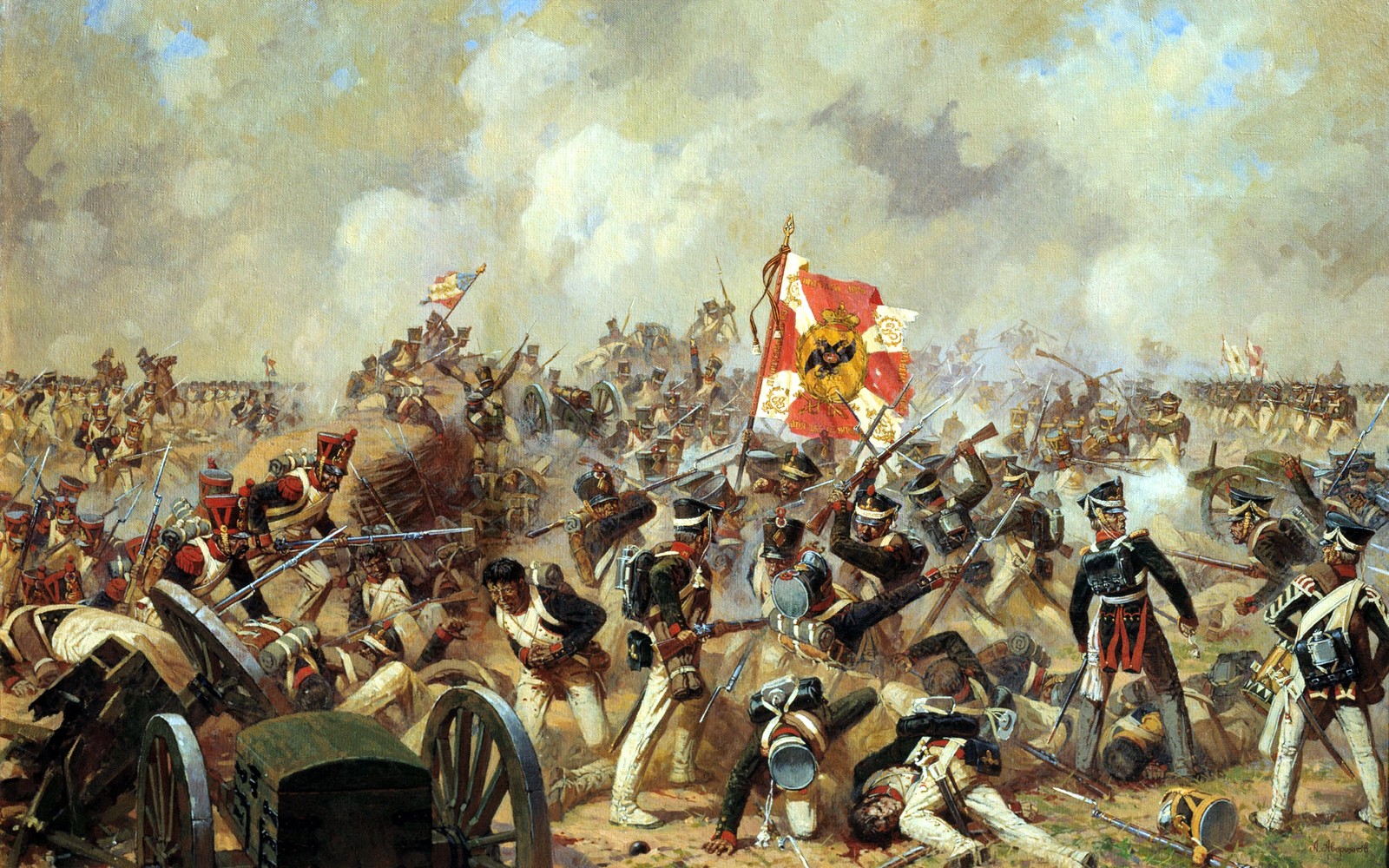Thursday
With scary military prospects in Syria, Afghanistan, and North Korea, not to mention Donald Trump greenlighting Saudi aggression against Yemen and Qatar while downsizing the diplomacy-focused State Department, it’s time for a post on a Garrison Keillor article that I’ve been saving. Keillor wonders why most great war literature is hostile to war.
Keillor concludes that it’s a question of salary: governments don’t pay poets enough for them to become war-mongering shills. He’s writing tongue in cheek, of course, but let’s hear him out:
When was the last time a great poet wrote an ode to the importance of following orders? 1854, that’s when. Alfred, Lord Tennyson wrote, “Theirs not to reason why, theirs but to do and die,” immortalizing Lord Cardigan’s botched mission in the Battle of Balaclava — “The Charge of the Light Brigade.” Tennyson was England’s poet laureate at the time and felt obliged to turn a military disaster into something heroic. [Read my criticism of Tennyson’s poem here.] No American poet laureate ever wrote anything similar, and maybe that’s because they’re paid $35,000 a year. Make that $350,000 and give the laureate the rank of major general and a cap with a plume and see if the tune doesn’t change.
Keillor imagines that the lack of positive literature has led to recruiting problems:
It’s no wonder that wealthy New York real estate heirs shopped around for physicians to diagnose heel spurs to exempt them from the draft. For a century, nobody has written a great work of literature celebrating America’s military — Slaughterhouse Five? Catch-22? The Naked and the Dead? The Things They Carried? I don’t think so. Nobody read For Whom the Bell Tolls and went down to the recruiting office to sign up.
A quick aside on the Hemingway novel. My father, a private stationed outside Coventry, England, was reading For Whom the Bell Tolls one night when he was on guard duty. He said he heard the sound of motors, looked up, and saw the entire sky filled with planes. It was the night before D Day.
Returning to Keillor’s article, I disagree with his depiction of certain texts as pro-war:
It was not always thus. Look at what Homer did for the Greeks with his Iliad. It’s an action epic, one hero after another, Agamemnon, Odysseus, Achilles, Ajax — no introspective nonconformist in the ranks, wondering, “Why are we brutalizing each other? Why can’t we sit down and talk through our differences?” Because we are us and they are them, and it’s one for all and all for one, so grab your spear and go puncture those Trojans, son.
What we need to make America great again is American literature about greatness. Look at Leo Tolstoy. He could’ve just written Peace but he wrote War too, both of them, glorifying General Mikhail Kutuzov, who engineered the defeat of Napoleon. Spending some of that $54 billion on the arts would be an excellent investment.
It’s true that the ancient Athenians used Iliad to fire up young men, but one could also make the argument that it is one of the world’s great anti-war works. Some of the scenes are so gory, and the slaughter so senseless, that the reader is indeed left wondering why men brutalize each other. To cite one scene, a nature god is horrified at the slaughter that Achilles unleashes. In other words, Nature recoils at what humans are up to. Here’s what the River Scamander is reacting to:
A forest fire will rage
through deep glens of a mountain, crackling dry
from summer heat, and coppices blaze up
in every quarter as wind whips the flame:
So Akhilleus flashed to right and left
like a wild god, trampling the men he killed,
and black earth ran with blood. As when a countryman
yokes oxen with broad brows to tread out barley
on a well-bedded threshing floor, and quickly
the grain is husked under the bellowing beasts:
the sharp-hooved horses of Akhilleus just so
crushed dead men and shields. His axle-tree
was splashed with blood, so was his chariot rail,
with drops thrown up by wheels and horses’ hooves.
And Peleus’ son kept riding for his glory,
staining his powerful arms with mire and blood.
Scamander protests because his waters are being clogged with dead men:
But if Zeus allows you to kill off all the Trojans,
drive them out of my depths at least, I ask you,
out on the plain and do your butchery there.
All my lovely rapids are crammed with corpses now,
no channel in sight to sweep my currents out to sacred sea—
I’m choked with corpses and still you slaughter more,
you blot out more! Leave me alone, have done—
captain of armies, I am filled with horror!”
I also don’t buy Keillor’s characterization of War and Peace. Rather than show war as glorious, Tolstoy describes it as a confused affair that is won or lost pretty much by accident. War and Peace has a lot in common with Catch-22 in this regard, and Kutuzov’s genius, if it can be called that, lies pretty much in not doing very much.
I suspect Keillor, if he were to move out of ironic mode, would agree with me that great literature does not glamorize war because great literature is about truth, not glamor. Put bluntly, the greatest war literature, beginning with The Iliad, has always had a large anti-war component.
Don’t expect any great pro-Trump literature in the near future, regardless of what wars he gets us into.


